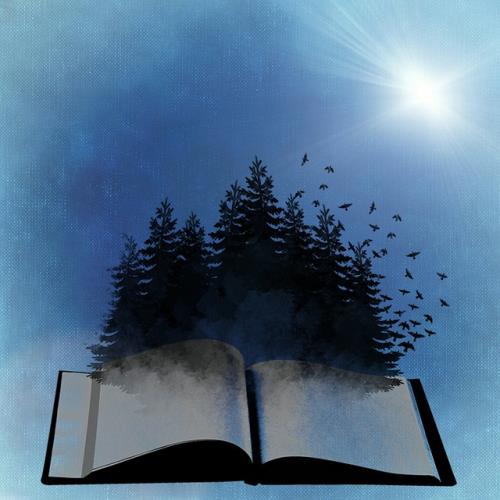Alvis Sio was born in Macao in the 1990s. She is a media worker in Hong Kong, and the author of The Good Old days of Colonial Hong Kong and Macao.

After talking about myself and the readers, it’s time to zoom out to talk about literary magazines’ relationship with a city, and in particular, its relationship with the culture and creativity. The reason to choose the culture and creativity as the medium to link up cities with literary magazines is mainly due to all sorts of related paradoxes: we won’t deny that a city certainly has its unique culture, and at the same time, literary magazines are bound to be linked with culture. But how can these be demonstrated? I think the answer can be found by observing the creativity and culture in a city.
Creativity and culture in a city are like a revealer of the city’s cultural situation. It reflects the city’s cultural ecology, as well as the people’s imagination of culture—the degree of importance they attach to local culture, and the degree of acceptance they give to foreign cultures. Therefore, the nutrition in the cultural soil to some degree determines how far a city’s creative and culture industry can go. The prerequisite to cultivating a piece of cultural soil suitable for the development of the creative and culture industry is to clearly understand the nature of creativity and culture.
When we think about creativity and culture, what pops up in our mind can be movies, dramas, music, drawings, designs or fashions—it has thousands of different faces. But in essence, I think we can take reference from the definition by Wikipedia: “As the name suggests, the creative and cultural industry refers to an industry which combines culture and creativity.” In other words, “culture and creativity” is in fact “culture” and “creativity”. The characteristics of these two major elements are that they need to absorb, precipitate and transform—and the most important among these is the process of absorption.
Certainly, there are many ways and sources to “absorb”, but the abilities to imagine, observe, criticise and ponder we accumulate in the process of reading enable us to travel through time and overcome regional barriers. We can thus stand on the shoulders of sages in the past and look beyond their perspectives—this is certainly an efficient shortcut amongst many ways. This is probably also where literary magazines intersect with a city, and its culture and creativity.
Assuming the above inferences are correct, the next question we ask is the most realistic, and also the cruellest: how impactful can a literary magazine be in the promotion of reading, providing guidance to readers to absorb as much as they can in books and apply their knowledge to the world of culture and creativity? Especially in times like this when people swamp to “engage in” culture and creativity amid declining reading atmosphere, there is urgency to the question. As a literary magazine editor, I will not self-bluff and regard literary magazines as important promoters of reading or the reading index of a city. I only know that the time and effort required to finish a literary magazine is far lower than that to finish a book, and at the same time, the variety of information carried in a literary magazine should be higher than that in a book. If this is the case, we may treat literary magazines as the “shallow area” of a swimming pool which allows people to find the strokes and tempo that suit them best. When they become familiarised, they can go on and swim in deeper and broader waters. Even if they don’t go into deeper waters, at least they have nurtured the habit of swimming and know how to freely move in water.
A city without culture is not an issue; the issue is whether the people in that city look down on culture. Likewise, people in a city can go without reading, but cannot deny the power of books. Only by understanding that culture needs to breathe continuously can a city’s culture and creativity generate inexhaustible vitality and continue to grow, consolidate foundation and not be an empty talk.